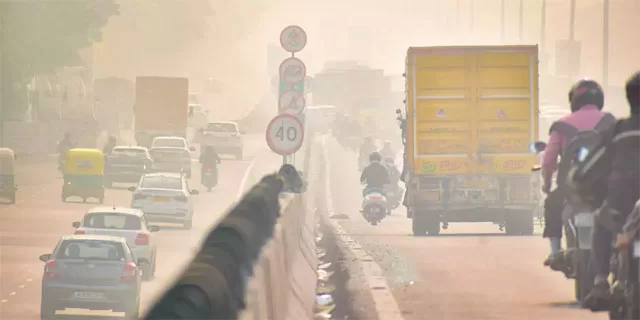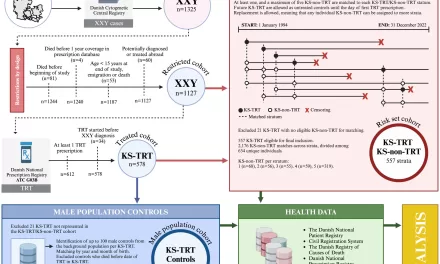New Delhi – As Delhi continues to grapple with hazardous air quality, medical experts are raising alarm over the growing impact of air pollution on ocular health. Toxic pollutants in the air are exacerbating cases of dry eyes, irritations, and allergies in both children and adults, creating a concerning public health issue.
On Wednesday, Delhi recorded an average Air Quality Index (AQI) of 427 at 10 a.m., firmly placing it in the “severe” category, according to data from the Central Pollution Control Board (CPCB). The national capital emerged as the most polluted city in India, with 12 out of 38 air quality monitoring stations reporting AQI levels above 450.
“Pollution poses a serious threat to our eyes, particularly the conjunctiva and the cornea, which are the first points of contact with harmful air particles,” said Dr. Rohit Saxena, professor of ophthalmology at AIIMS New Delhi. “Fine particulate matter, allergens, and toxins in polluted air can irritate the ocular surface and make it highly susceptible to infections, especially in children and adults who already have conditions like dry eyes or allergies.”
Air Pollution and Eye Health
Recent studies have highlighted the correlation between exposure to high levels of particulate matter (PM10) and an increased risk of eye infections. Research from the University of Colorado Anschutz Medical Campus found that people living in areas with high PM10 levels were twice as likely to experience eye infections. Clinical visits for conditions affecting the ocular surface, such as corneal and conjunctival irritations, also doubled during periods of heightened air pollution.
Dr. Saxena cautioned against frequent eye rubbing, a common response to irritation, as it can weaken the cornea over time, potentially leading to keratoconus—a condition that causes the cornea to thin and bulge into a cone shape, sometimes resulting in vision loss.
Symptoms and Preventive Measures
Common symptoms triggered by poor air quality include itching, burning, redness, excessive watering, and soreness in the eyes. In severe cases, individuals may experience blurred vision or pain, which require immediate medical attention.
Dr. Smriti Goel, an eye surgery consultant at Max Super Speciality Hospital, Patparganj, emphasized the importance of early intervention. “Avoid over-the-counter medications except lubricating eye drops unless prescribed by a doctor. Use protective glasses or sunglasses outdoors, apply cold compresses to relieve irritation, and use anti-allergic drops if necessary,” she advised.
Government and Public Response
To mitigate the health risks, Delhi’s Environment Minister Gopal Rai directed half of the government workforce to work from home. Experts have urged residents to minimize outdoor activities during peak pollution hours and recommended air purifiers for indoor spaces to reduce exposure to harmful particles.
The medical community is also calling for long-term solutions, stressing that air pollution affects not just respiratory health but the entire body, including ocular health.
As Delhiites navigate another season of hazardous air, prioritizing eye care is becoming essential. Lubricating eye drops, protective eyewear, and limited outdoor exposure are simple yet effective steps to safeguard against pollution-induced eye problems.












